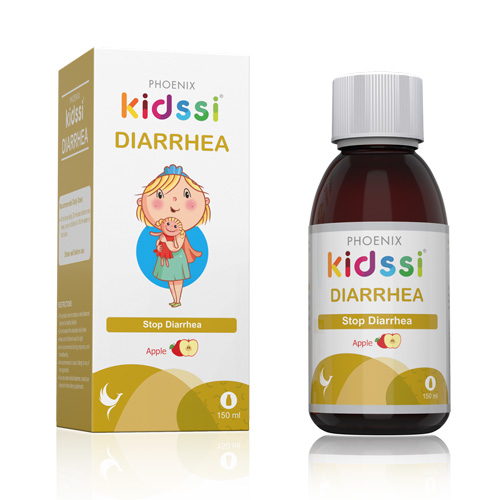Formidable Tips About How To Treat Diarrhea In Kids

Do not give your child raw (unpasteurized) milk or foods that may be contaminated.
How to treat diarrhea in kids. In most cases, dexilant caused similar side effects in children and adults. Wash hands frequently with soap or using a hand sanitizer. Give fluids if your child is breastfeeding, continue nursing as usual.
Lifesaving diarrhea cure for kids is underprescribed, researchers say. Severe abdominal or rectal pain Avoid medicines, especially antibiotics, if they.
Instead, treating acute diarrhea typically involves keeping your child hydrated. Doctors may be able to reduce or stop chronic diarrhea by treating the cause. How do doctors treat chronic diarrhea in children?
Treatment will depend on your child’s symptoms, age, and general health. Other clues to diarrhea are poor eating, acting sick or a fever. For older kids, drinking a bit of water is okay.
For infants, you should continue to offer breastmilk or formula as usual. Medical help should be sought if there is suspicion that the child is dehydrating, or if they have any worrying symptoms such as those listed below. Diarrhea is loose, watery stool.
Diarrhea may be accompanied by anorexia, vomiting, acute weight loss, abdominal pain, fever, or passage of blood. The system can help doctors treat diarrhea in children for adults and older children, dehydration from diarrhea is a common, pervasive threat: Toddler's diarrhoea is also known as chronic nonspecific diarrhoea.
They can also pass 1 every other day. After 2 months of age, most babies pass 1 or 2 stools per day. Children are especially vulnerable to dehydration due to diarrhoea and can quickly become very sick.
An ors replaces the electrolytes and fluids that your child needs. Diarrhea can lead to dehydration, which alters the child's natural balance of water, and to electrolyte (sodium, potassium, chloride) imbalance. More than three bowel movements each day.
Key points about diarrhea in children. Affected children develop three or more watery loose stools (bowel motions) per day. Treatment key points diarrhea is frequent loose or watery bowel movements that deviate from a child’s normal pattern.
When diarrhea lasts longer than three weeks, it is considered to be chronic. A brief summary is provided below. It usually doesn't last long and often gets better on its own.
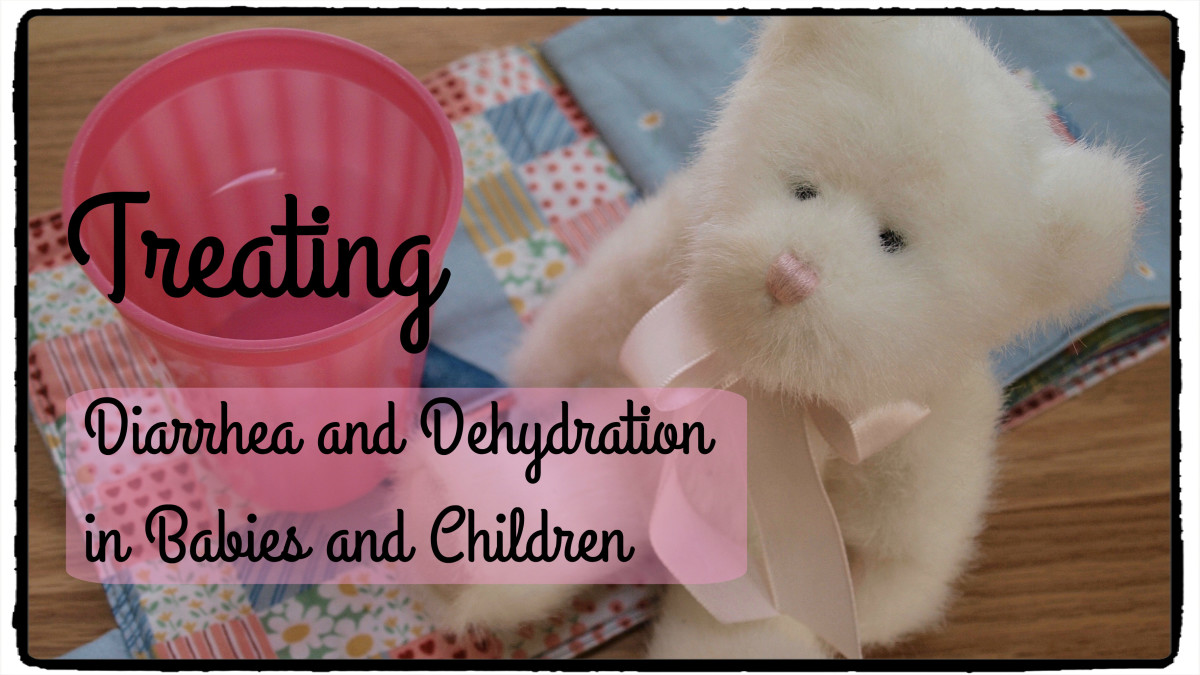
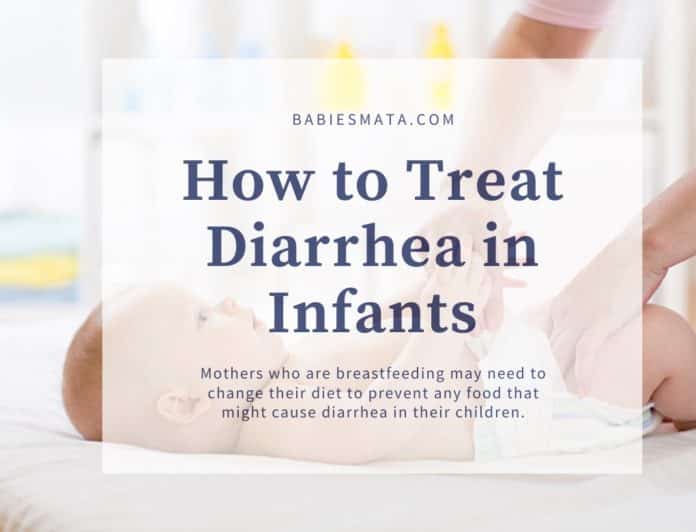




:max_bytes(150000):strip_icc()/causes-of-diarrhea-sudden-or-chronic-1324505-5bb7c1e8c9e77c0026b0f77a.png)
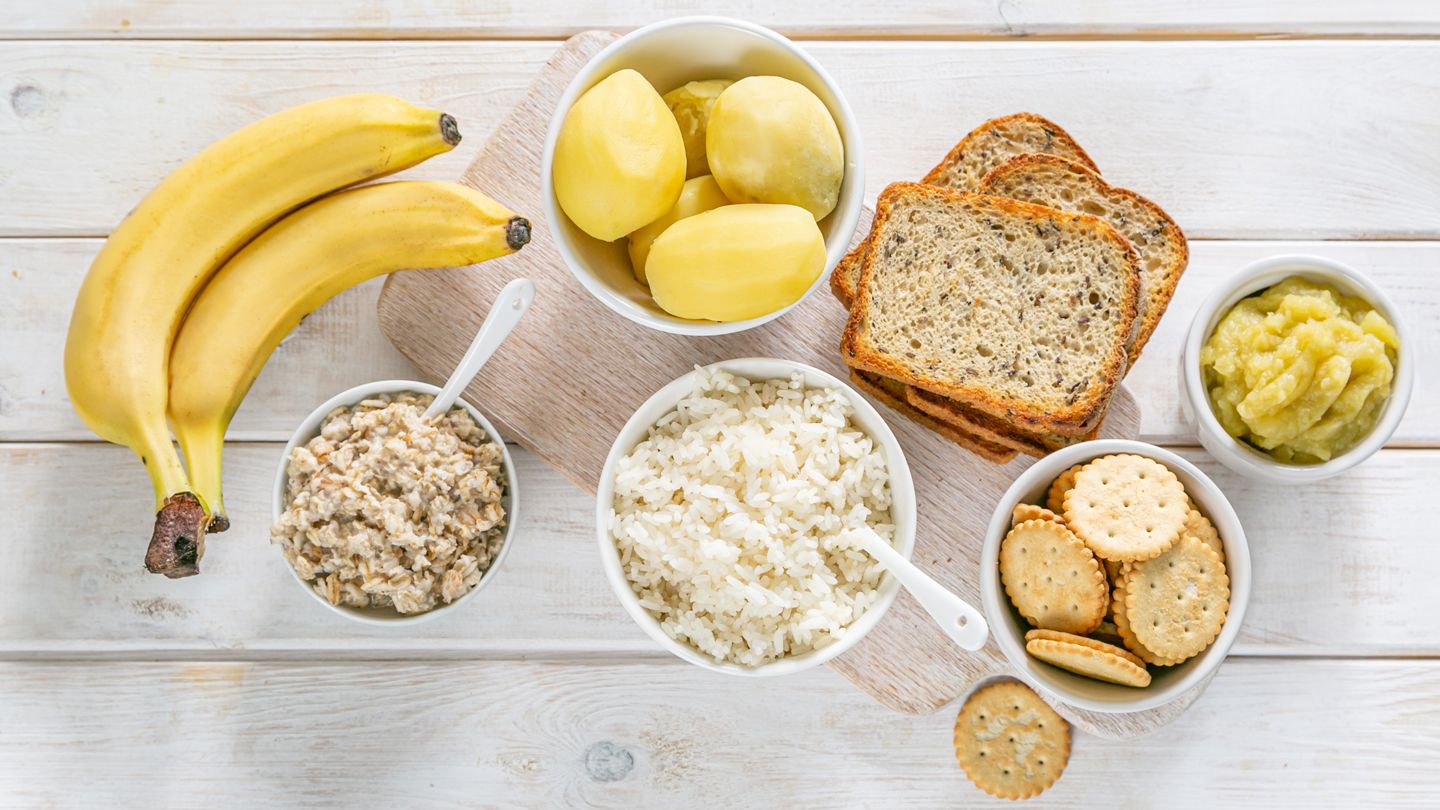






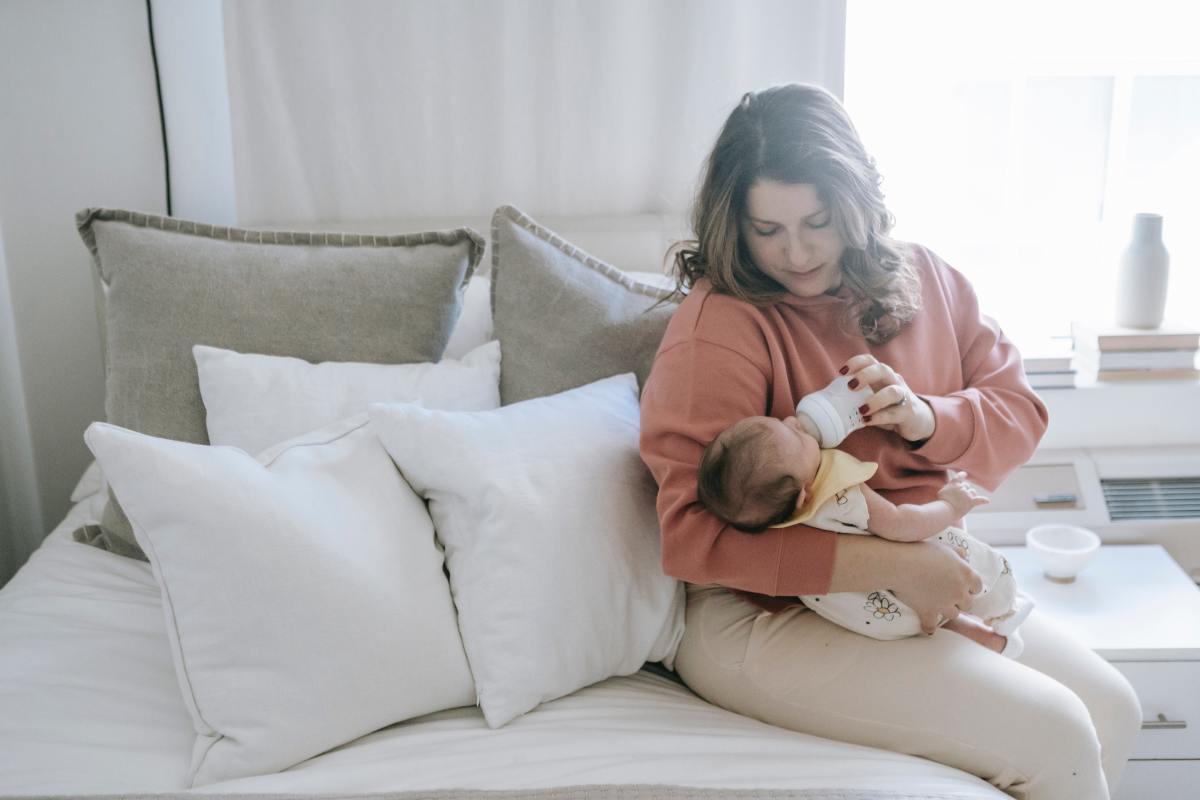

:max_bytes(150000):strip_icc()/how-to-treat-diarrhea-12982461-5c87fbf046e0fb0001cbf5ad.png)
